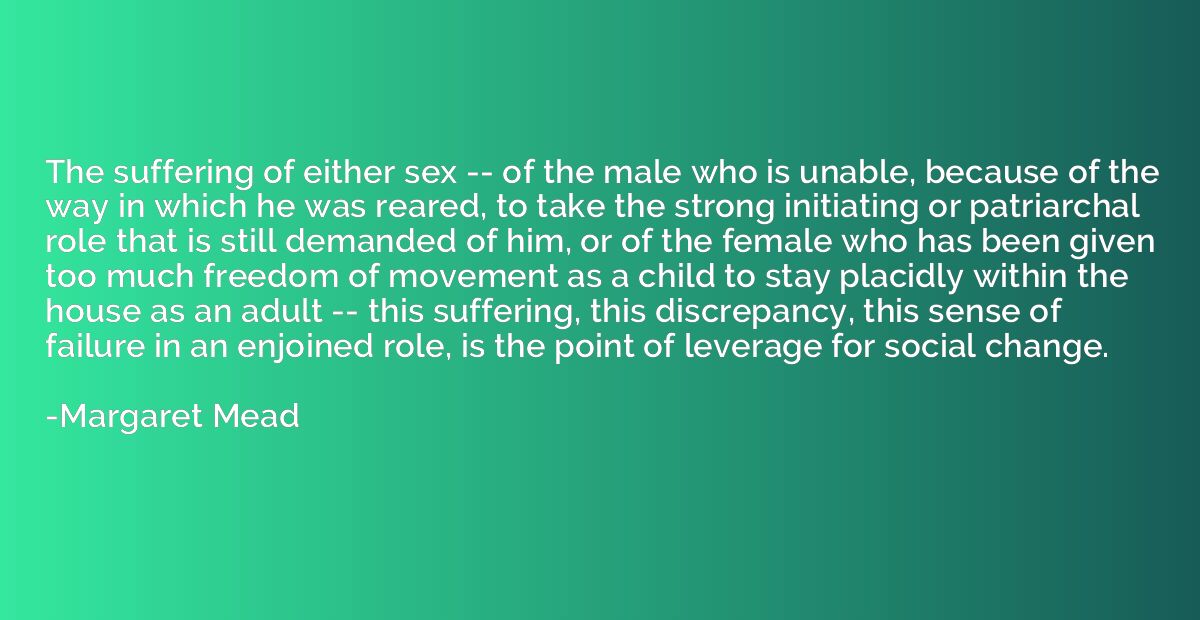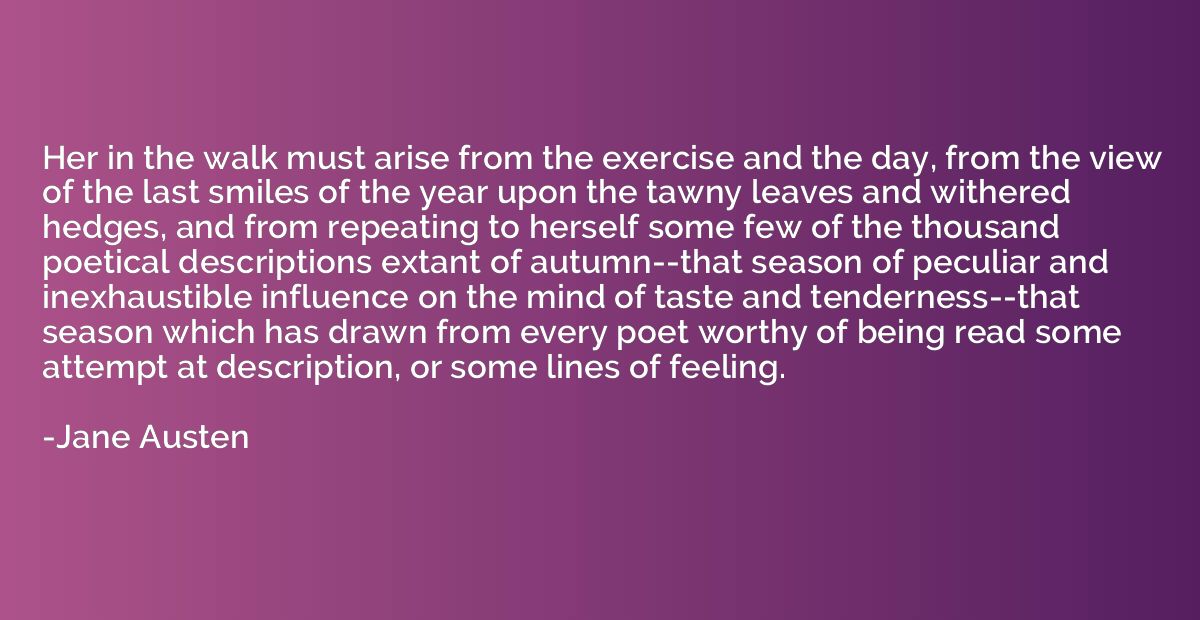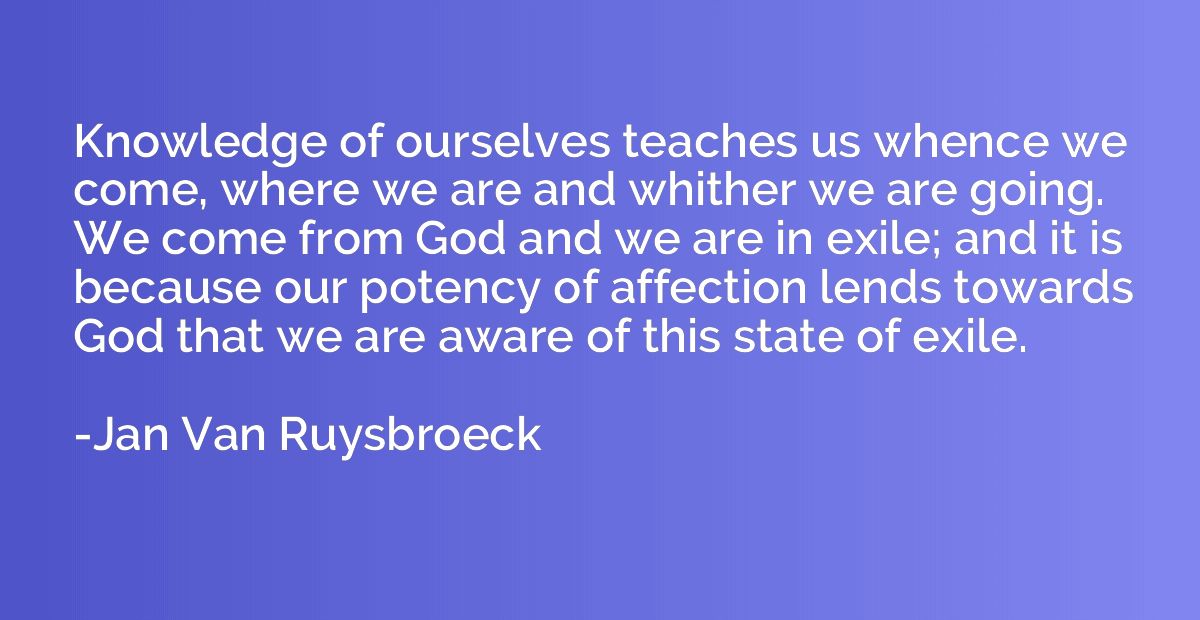Quote by Margaret Mead
The suffering of either sex -- of the male who is unable, because of the way in which he was reared, to take the strong initiating or patriarchal role that is still demanded of him, or of the female who has been given too much freedom of movement as a child to stay placidly within the house as an adult -- this suffering, this discrepancy, this sense of failure in an enjoined role, is the point of leverage for social change.

Summary
This quote highlights the suffering and imbalance experienced by individuals of both genders when they are confined to traditional societal roles that may not align with their true desires or capabilities. The quote suggests that when men struggle to fulfill the expected role of being strong patriarchs or initiators due to their upbringing, or when women face limitations in expressing their freedom after being raised with too much independence, it leads to a sense of disappointment and failure. This mismatch in gender expectations serves as a catalyst for social change by exposing the need to redefine and dismantle rigid gender roles.














